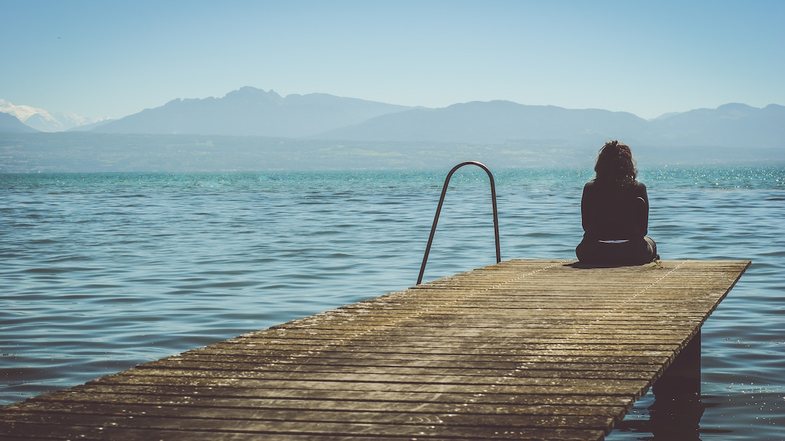
Disasters like hurricanes, earthquakes, accidents or fires are sudden, sudden, and overwhelming. Many people may not suffer physical injuries, but the event can have emotional consequences. Those who have experienced a catastrophic event have intense emotional reactions. When we understand why we respond, why we feel, how we think and behave, then we can make money toward healing.
What are the typical reactions and responses after a disaster?
After a catastrophic event, people feel shocked, disoriented, and unable to swallow the information. As these initial feelings fade, a series of behaviors and thoughts take place.
1. Intense or unforeseen feeling. You may feel anxious, stressed, or depressed. Also, you may be more frustrated than usual and you may have mood swings.
2. Changes in behavior and thinking. You may be reminded of vivid images of the event. These memories reappear for no specific reason and are followed by sweat or accelerated heartbeats. It can make it difficult for you to focus or make decisions. You may also have trouble sleeping and eating - some people sleep and eat more than usual, others do the opposite.
3. Sensitivity to environmental factors. Sirens, noise, scorching wind and other environmental sensations can bring back memories of disaster, causing anxiety. These drivers can be associated with the fear that tragedy will recur.
4. Tense personal relationships. Frequent conflicts, disagreements with family members or colleagues are common. You can also withdraw from normal social life.
5. Physical symptoms related to stress. If you experience headaches, nausea and chest pain, you should probably consult your doctor. Existing diseases can be stressed and reappeared by stress
What to do
Fortunately, studies say that most people are flexible and over time recover. It is normal to experience stress after a natural disaster, but within a few months the emotional state must return as before.
Here's what to do to make sure you feel better in the near future:
1. Give yourself time to adjust. Understand that this is going to be a difficult time in life. Mourn for those you lost and be patient with the frequent changes in emotional state.
2. Rely on relatives. Talk to them and show empathy for each other. Social support is very important after a disaster. You can find yourself in those who have experienced the same thing and you may realize that you are not alone. It also makes it good for you to talk to others who were not present for a new perspective and objectivity.
3. Talk about your experience. Express your feelings as if you were better off. You can talk to others, keep a journal or engage in an artistic activity.
4. Find a support group that is headed by a professional. Dozens of psychologists have been mobilized locally to help earthquake victims. You can ask for their assistance for specialized advice.
5. Live a healthy life to cope with excessive stress. This means eating a steady diet and getting enough rest. Avoid alcohol and drugs as they may distract you from your goal.
6. Follow old or new routines. Eat at regular times, sleep and wake up at the same time as before, and follow an athletic routine. Take time for an activity you enjoy, such as a hobby, a stroll in the park, or reading a book.
7. Avoid making major decisions. Switching jobs or other major decisions are stressful enough under normal circumstances and even more so after a disaster.
When to seek the help of a specialist
If you notice that you feel hopeless and unable to do the day-to-day work, contact a mental health specialist, such as a psychologist. The psychologist can help you address anxiety, depression and stress.





